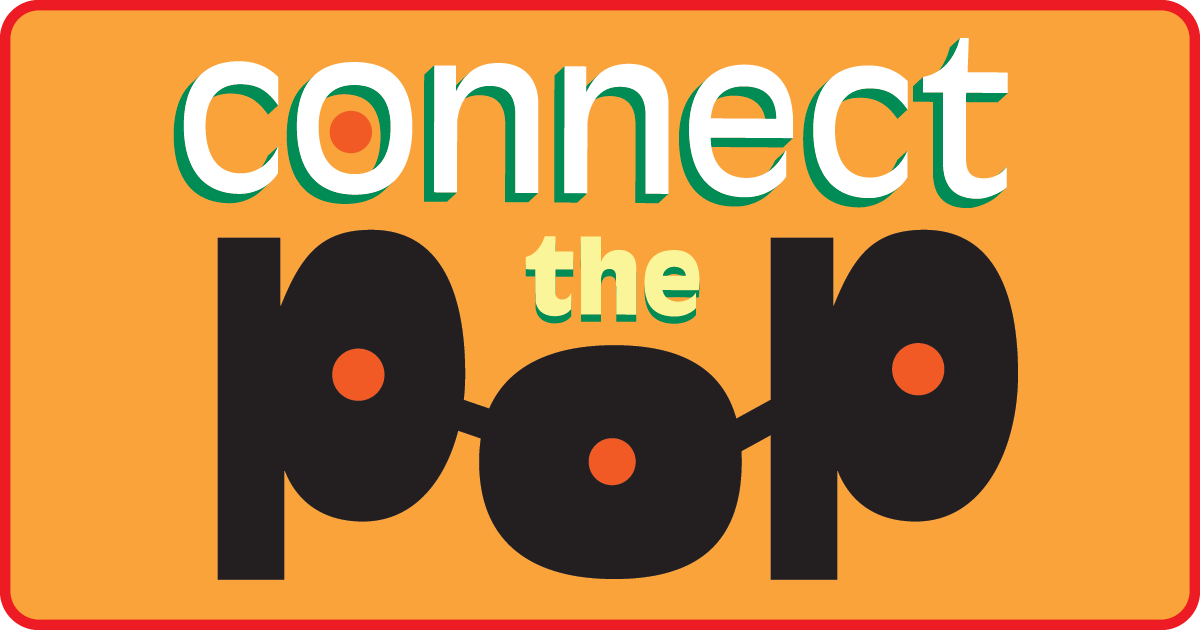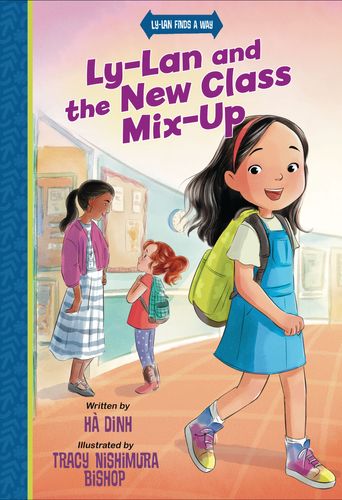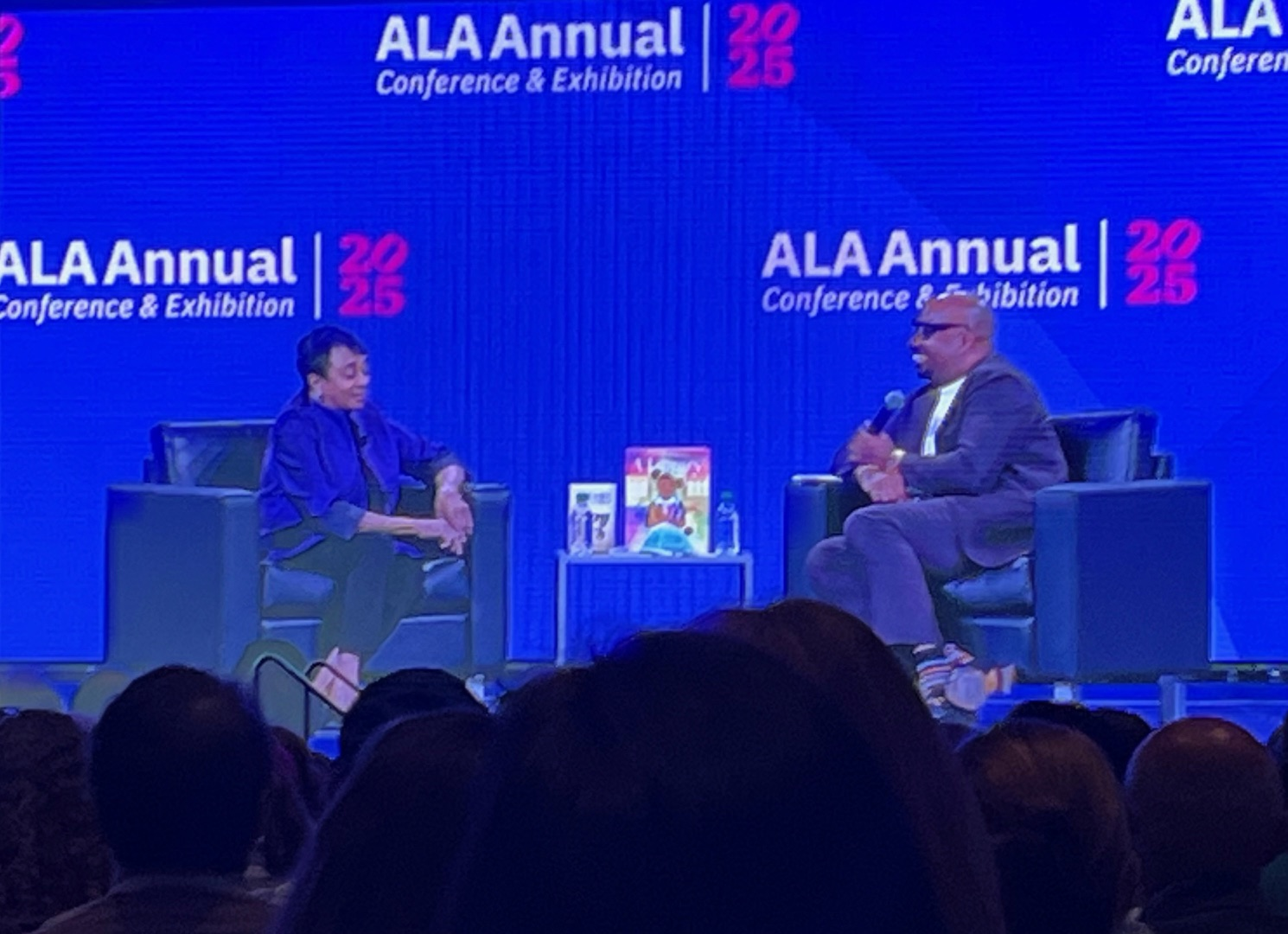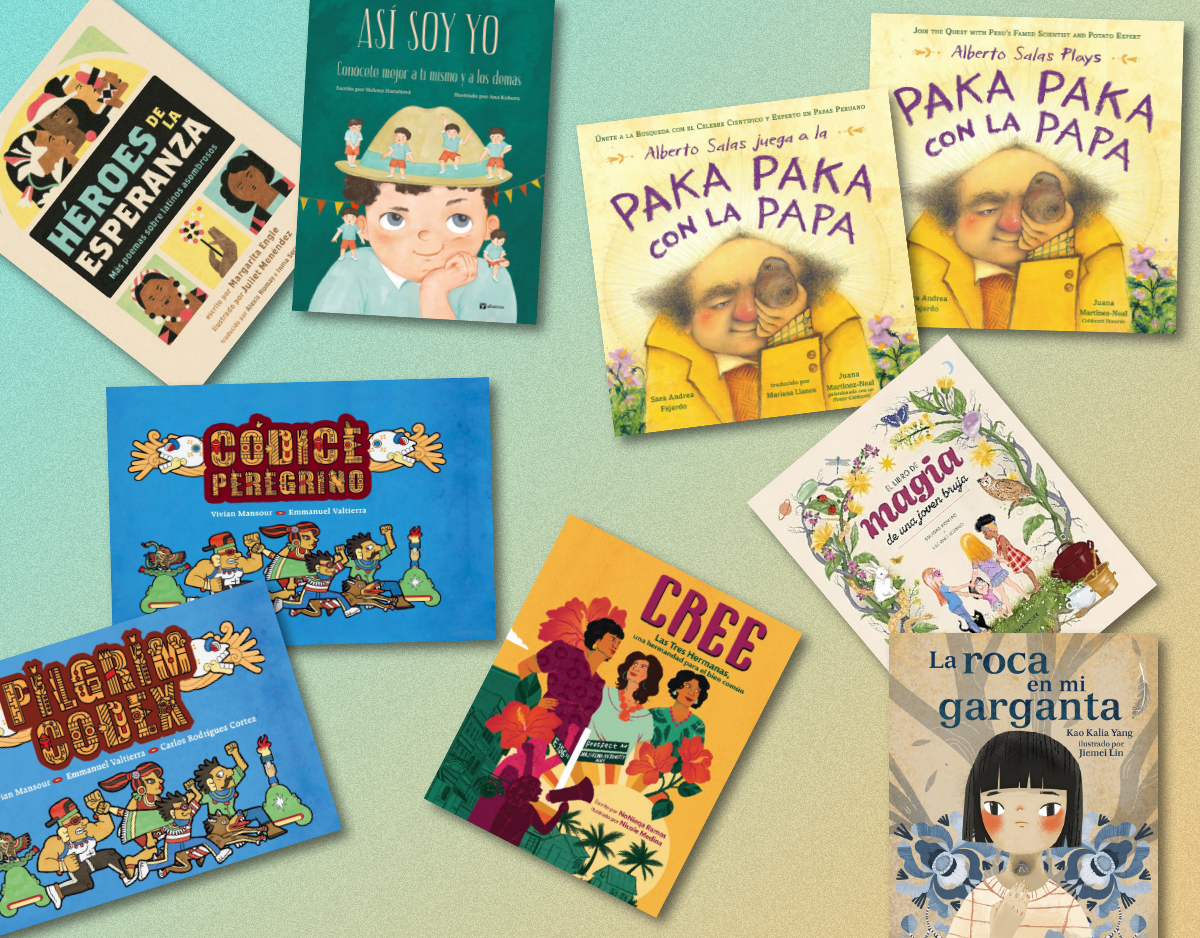SCROLL DOWN TO READ THE POST
Presidential Elections, the Media Literacy Way: A Conversation with Frank W. Baker (1)

In case you missed it yesterday, Mitt Romney won the final primary in the Republican presidential contest, essentially completing a process whose outcome has not been in doubt for some time. As the news media—and popular entertainment media—here in the U.S. look ahead with increased intensity to the presidential election in November, I thought it might be a good time to check in with Frank W. Baker, one of the nation’s real treasures when it comes to media literacy education generally and the media’s role in political campaigns specifically.
If you’re not familiar with Baker’s Media Literacy Clearinghouse, I warn you that you could easily lose several hours by exploring all the resources there. He also happens to be the author of one of my favorite media literacy books for schools and school libraries, Coming Distractions, as well as the impressively comprehensive Political Campaigns and Political Advertising: A Media Literacy Guide. It’s the latter title that’s obviously most relevant here as we’ll spend at least a couple of posts getting a sense of what we can now expect from the media… and how we might best leverage all this election season excitement for teaching and learning opportunities.
ADVERTISEMENT
ADVERTISEMENT
Given Connect the Pop’s focus, I was intrigued by your book’s referencing of Henry Jenkins and the idea that making politics more pop culture-like might lead to greater civic engagement. Do we see any signs of that trend increasing, or decreasing, during this election cycle?
I think the key word above is “might”—all of this (politics/media/pop culture) is certainly getting more attention: whether it leads to engagement or more people voting is still to be determined. I think the “Rock The Vote” movement is designed to do just that: get youth attention and engage them.
The experts hired to work on the presidential campaigns know that in order to reach younger voters, they must position their candidate, and his message, in front of their eyeballs. Like good marketers they’re going to consider: what media/technology do young voters attend to and how can I get my message (and my candidate) in front of them? In the past it was NBC’s “Saturday Night Live”; today, there are a dozen different venues.
Here is an example: President Obama stops by a bar during one of his election stops; has his photo taken with a young lady, and the photo goes viral, turning “Dive Bar Girl” into an instant celebrity. That was certainly unplanned, but we also have the planned. During that same campaign swing, the President appeared on Jimmy Fallon’s late night talk show and was involved in one of the show’s skits, thus promising that it will be seen and heard in viral video clips.
I know one of your areas of expertise—and one that is of interest to librarians—is print periodicals. What have we seen there?
President Obama appeared (in late April) on the cover of Rolling Stone magazine, and that of course is still one of the most popular music/culture publications still today. Michelle has appeared on the covers of many women’s magazines, and the Romney’s recently were profiled in the Sunday PARADE magazine.
Hmm, I’m wondering what the target audience for a lot of these publicity moves has been…

We’ve seen the Obama campaign make many overtures to the youth audiences, like his college tour which took him to three states in as many days. He has also appeared (again) on Leno, Letterman and the other late night talk shows. All of this is to say, he is working to re-invigorate that portion of the electorate, because, reports are, this part of his base is not as excited as four years ago. We saw almost all of the Republican presidential candidates on the late night talk show circuit, as we would expect.
ADVERTISEMENT
ADVERTISEMENT
And MTV announced a new fantasy game in which participants will earn points by learning about the candidates and their positions. Not to be outdone, Politicards 2012 has released a deck of playing cards in which many of today’s most popular politicos are recast as characters from classic feature films. I have no doubt products like this one, as well as websites, magazines and other media are going to play up the politics-pop culture angle.
Despite all these overtures and appeals to youthful hipness, how crucial do you think young people will be to the 2012 elections?
I think the youth (30 and under) vote will be huge and very important and that’s why both candidates will be courting them continuously in the coming months. Obama recently made an overture when he spoke about reducing student loan rates at those college campuses. I would expect to see more of this type of message. But it’s more than just message: both campaigns are recruiting young people to be volunteers and as it gets closer to Election Day, they will be part of the “get out and vote” message. The bottom line here is: what can the campaign do not only to energize youth, but also to insure they will vote? Increasingly the answer to that question will involve engaging young people in the message and their roles in the future of the United States.
I guess I tend to think that young people learn about candidates through the blogosphere or express their views via blog comments or even their own blogs. But am I off here? I read with interest the stat in your book that the average reader of politics blogs is a 43-year-old white male. So are people in their teens and twenties using other forms of new media to stay informed, perhaps social media?
I think the blog has become passé to some extent, especially for the younger audience. If the studies are to be believed, tweeting and retweeting have become their preferred new media venue. I see both presidential campaigns, as well as local ones, jumping on the tweeting bandwagon. The mobile phone has become the new communication tool of the 21st century, with the e-tablet not far behind. The campaigns will be targeting short messages (tweets) that they expect will be retweeted; they’ll be driving audiences to newly produced videos and ads where, invariably, the audience will be exposed to “DONATE HERE” and “FORWARD HERE” messages. They’ll also be encouraging young people to post links back to the election website.
***
Hey, we’re just getting started with this conversation, so please tune in again tomorrow… Thanks!
Filed under: Media Literacy, New Media, Social Studies, Television
About Peter Gutierrez
A former middle school teacher, Peter Gutierrez has spent the past 20 years developing curriculum as well as working in, and writing about, various branches of pop culture. You can sample way too many of his thoughts about media and media literacy via Twitter: @Peter_Gutierrez
ADVERTISEMENT
SLJ Blog Network
Name That LEGO Book Cover! (#65)
Review of the Day: This is Orange by Rachel Poliquin, ill. Julie Morstad
Betty & Veronica: Summer Fun in the Sun | Preview
Heavy Medal Suggestions: 73 Titles and Counting
Sunday Reflections: Teens Today, Anxious and Angry at a World that Tells Them They Don’t Matter
The Classroom Bookshelf is Moving
ADVERTISEMENT
ADVERTISEMENT







